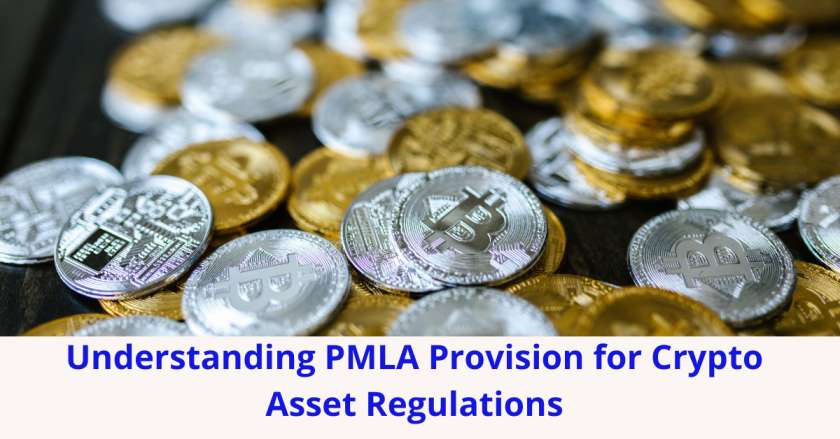We have some exciting news to share with our readers regarding the latest development in the crypto industry. The Finance Ministry of India has brought cryptocurrency businesses under the ambit of the Prevention of Money Laundering Act (PMLA), which is a significant step towards regulating and legitimizing the crypto market in India.
What is PMLA?
The Prevention of Money Laundering Act (PMLA) is a law enacted in India in 2002 to prevent money laundering and other financial crimes. The act defines money laundering as a process of converting illegally acquired property into legitimate assets. It applies to a wide range of financial transactions, including banking, real estate, and securities trading.
What is the impact of PMLA on Cryptocurrency Assets?
The move comes as no surprise, given the government’s recent stance on cryptocurrencies. The Reserve Bank of India had previously banned banks from facilitating transactions related to cryptocurrencies, citing concerns over money laundering and terrorism financing. However, the Supreme Court of India overturned the ban in March 2020, paving the way for crypto businesses to operate in the country.
Now, with the inclusion of cryptocurrency businesses under the PMLA, the government aims to ensure that these entities comply with anti-money laundering and know-your-customer (KYC) regulations. This move is likely to boost investor confidence in the crypto market, as it brings much-needed clarity and regulation to the industry.
The inclusion of cryptocurrency businesses under the PMLA is a positive step towards legitimizing the industry in India. It also demonstrates the government’s commitment to creating a secure and transparent environment for crypto investors and businesses. The move is expected to have far-reaching implications for the crypto market, as it could potentially attract more institutional investors to the industry.
However, it is important to note that the inclusion of cryptocurrency businesses under the PMLA is just one step towards regulating the industry. There are still several other issues that need to be addressed, such as the lack of clarity on taxation and the absence of a regulatory framework for cryptocurrencies.
Despite these challenges, the crypto market in India has been growing steadily, with more and more people investing in digital assets. The market is expected to continue to grow, driven by factors such as the growing popularity of cryptocurrencies as an investment option, the increasing adoption of blockchain technology, and the rising demand for decentralized finance (DeFi) applications.
What does this mean for investors and traders in the cryptocurrency market?
The imposition of the PMLA provision on cryptocurrency assets is likely to have a significant impact on investors and traders in the cryptocurrency market in India. On the one hand, the move could make the market more secure and transparent, which could attract more investors and traders. On the other hand, the increased regulation could lead to higher transaction costs and reduce the market’s growth potential.
Investors and traders in the cryptocurrency market in India need to be aware of the new regulatory environment and adapt their strategies accordingly. They should make sure that they comply with the new regulations and maintain accurate transaction records. They should also be prepared for potential changes in the market and adjust their investment and trading strategies accordingly.
Conclusion
The government’s decision to impose the PMLA provision on cryptocurrency assets is a significant development in the cryptocurrency market in India. While the move is aimed at bringing more transparency and security to the market, it could also have unintended consequences, such as reducing the market’s growth potential. Investors and traders in the cryptocurrency market in India need to be aware of the new regulatory environment and adapt their strategies accordingly to stay ahead of the game.
Source
MINISTRY OF FINANCE (Department of Revenue) NOTIFICATION New Delhi, the 7th March, 2023

Naren is a finance graduate who is passionate about cryptocurrency and blockchain technology. He demonstrates his expertise in these subjects by writing for cryptoetf.in. Thanks to his finance background, he is able to write effectively about cryptocurrency.
